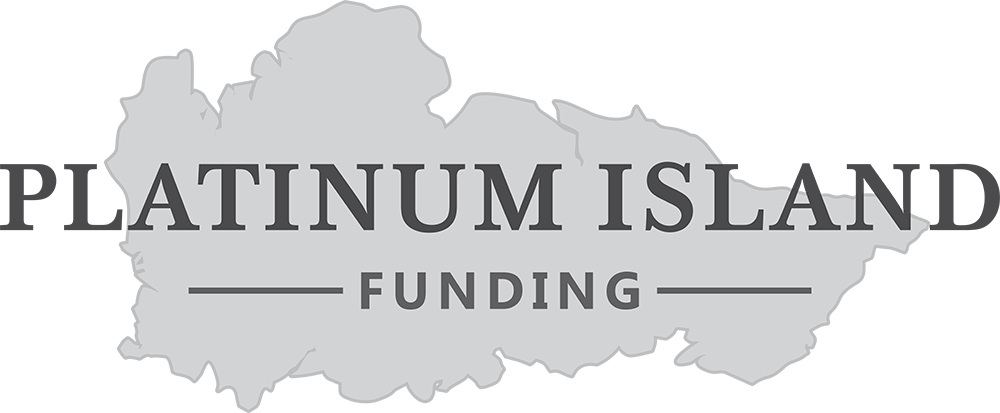Small businesses are the backbone of the American economy, yet securing the right funding can often feel like an uphill battle. This is where SBA loans for small business come into play. They offer affordable, flexible financing solutions that can help entrepreneurs like you hire more employees, buy new equipment, expand locations, and ultimately scale your business sustainably.
What is an SBA Loan?
The Small Business Administration (SBA) partners with lenders to offer loans specifically designed for small businesses. Unlike traditional bank loans, SBA loans come with lower down payments, longer repayment terms, and more lenient qualifying criteria, making them accessible to more business owners.
Types of SBA Loans
- 7(a) Loan Program: The most popular, offering working capital, equipment purchases, or real estate investments.
- CDC/504 Loan Program: Designed for purchasing major fixed assets like buildings or equipment.
- Microloans: Smaller loans up to $50,000 for startups and smaller businesses.
Each program is tailored to different needs, making SBA loans versatile for businesses at various stages of growth.
Why SBA Loans Are Ideal for Small Business Growth
Access to Larger Loan Amounts
Traditional loans often limit how much you can borrow. SBA loans for small businesses, however, allow you to access up to $5 million depending on your business needs. This amount can be the catalyst for scaling operations, investing in marketing, and expanding into new markets.
Lower Interest Rates
Because SBA loans are partially guaranteed by the government, lenders offer lower interest rates compared to standard business loans. This can save you thousands over the life of the loan, allowing you to reinvest more profits back into your business.
Flexible Repayment Terms
Depending on the loan type, you could have up to 25 years to repay your loan, providing your business with the breathing room it needs to grow without the pressure of large monthly payments. Longer terms also mean better cash flow management.
Improved Credibility with Lenders
Securing an SBA loan enhances your business’s credibility. Future lenders and investors view SBA-backed businesses as lower risk, making it easier to secure additional funding when needed.
How SBA Loans Support Different Growth Strategies
Expanding Your Business Premises
If you need to move to a bigger location or open a second storefront, SBA 7(a) loans or 504 loans are perfect for real estate purchases. They allow businesses to acquire or renovate commercial property, adding value to the business.
Example: A boutique retailer used a 7(a) loan to expand to a second location, boosting annual revenue by 40% within the first year.
Investing in Equipment and Technology
Keeping up with technology or upgrading equipment is vital for business efficiency. SBA loans can fund these important upgrades without depleting your cash reserves.
Scenario: A small catering company secured an SBA microloan to upgrade kitchen equipment, resulting in a 30% increase in service capacity and new event contracts.
Hiring and Training Employees
Growing your team is key to scaling. SBA loans for small businesses give you the financial flexibility to recruit top talent and invest in employee development, essential for sustaining long-term growth.
Boosting Working Capital
Sometimes growth simply means having more working capital to manage day-to-day operations, marketing efforts, or seasonal inventory spikes. SBA loans provide that cushion, ensuring stability during critical growth phases.
Who Qualifies for an SBA Loan?
The SBA small business definition generally includes:
- Operate for-profit
- Conduct business in the U.S.
- Have reasonable owner equity to invest
- Exhaust other financing options first
Specific eligibility varies by loan type, but generally, businesses must meet industry size standards and demonstrate the ability to repay the loan.
Factors That Strengthen Your Eligibility
- Strong personal and business credit scores
- A proven track record of revenue
- A comprehensive business plan
- Sufficient collateral (depending on loan type)
Tips to Successfully Apply for an SBA Loan
Prepare a Strong Business Plan
A detailed business plan showcasing your vision, market analysis, and financial projections strengthens your loan application. Demonstrating a clear path to profitability reassures lenders.
Maintain Good Personal and Business Credit
Lenders review your creditworthiness carefully. Work on improving your credit score before applying if needed by paying down existing debts and ensuring on-time payments.
Organize Your Financial Documents
You’ll need:
- Income statements
- Balance sheets
- Cash flow projections
- Personal and business tax returns
- Business licenses and registrations
Having these ready can speed up the application process significantly.
Choose the Right SBA Loan Program
Understanding your business needs will help you select the best SBA loan program, whether it’s for expansion, working capital, or equipment purchases. Consulting a loan advisor can help match you to the right funding option.
Common Misconceptions About SBA Loans
“SBA Loans Take Forever to Approve”
While the process can be detailed, working with experienced lenders can streamline your application and approval process, with some approvals happening within weeks.
“Only Startups Can Apply”
Many established businesses benefit from SBA loans when seeking to grow, pivot, or stabilize cash flow.
“SBA Lends Directly”
Actually, the SBA guarantees a portion of the loan, while a private lender provides the funding. This structure reduces risk for lenders, opening access to more businesses.
“Collateral is Always Required”
While collateral strengthens an application, some SBA loan programs, especially smaller ones like microloans, don’t mandate it.
Alternatives to SBA Loans
If you find SBA loans aren’t the right fit, other options include:
- Merchant Cash Advance Loans: Fast access to funds based on future sales.
- Business Line of Credit: Flexible revolving credit for short-term needs.
- Equipment Financing: Specific loans designed for purchasing machinery or technology.
- Invoice Factoring: Turning unpaid invoices into immediate cash.
Each option has different terms, benefits, and use cases depending on your business goals.
Conclusion
SBA loans for small businesses are powerful tools that can unlock new growth opportunities, provide affordable financing, and help secure your company’s future. Whether you’re planning to expand locations, purchase equipment, or simply bolster working capital, SBA-backed funding offers the support you need. With the right approach and preparation, your small business can achieve lasting success and profitability through strategic use of SBA lending options.If you’re ready to explore SBA loan options tailored to your business needs, contact our team today — let’s make your growth dreams a reality!
FAQs
What is the average approval time for an SBA loan?
Approval can take anywhere from 30 to 90 days, depending on the loan type and lender efficiency.
How much down payment is required for an SBA loan?
Typically, a down payment of 10%-20% is needed, depending on the specific loan program and your financial profile.
Can startups apply for SBA loans?
Yes, startups can apply, especially through SBA microloans or by showcasing strong business plans and collateral.
What can SBA loans be used for?
SBA loans can fund business expansion, equipment purchases, working capital needs, debt refinancing, and more.
What credit score is needed for an SBA loan?
While there’s no official minimum, lenders prefer personal credit scores of at least 680 for most SBA loan programs.
Is collateral required for all SBA loans?
Not always. Some smaller loan programs, like the SBA microloan, may not require collateral.
Can I refinance existing business debt with an SBA loan?
Yes, refinancing existing high-interest debt with an SBA loan is a common strategy to lower payments and improve cash flow.


